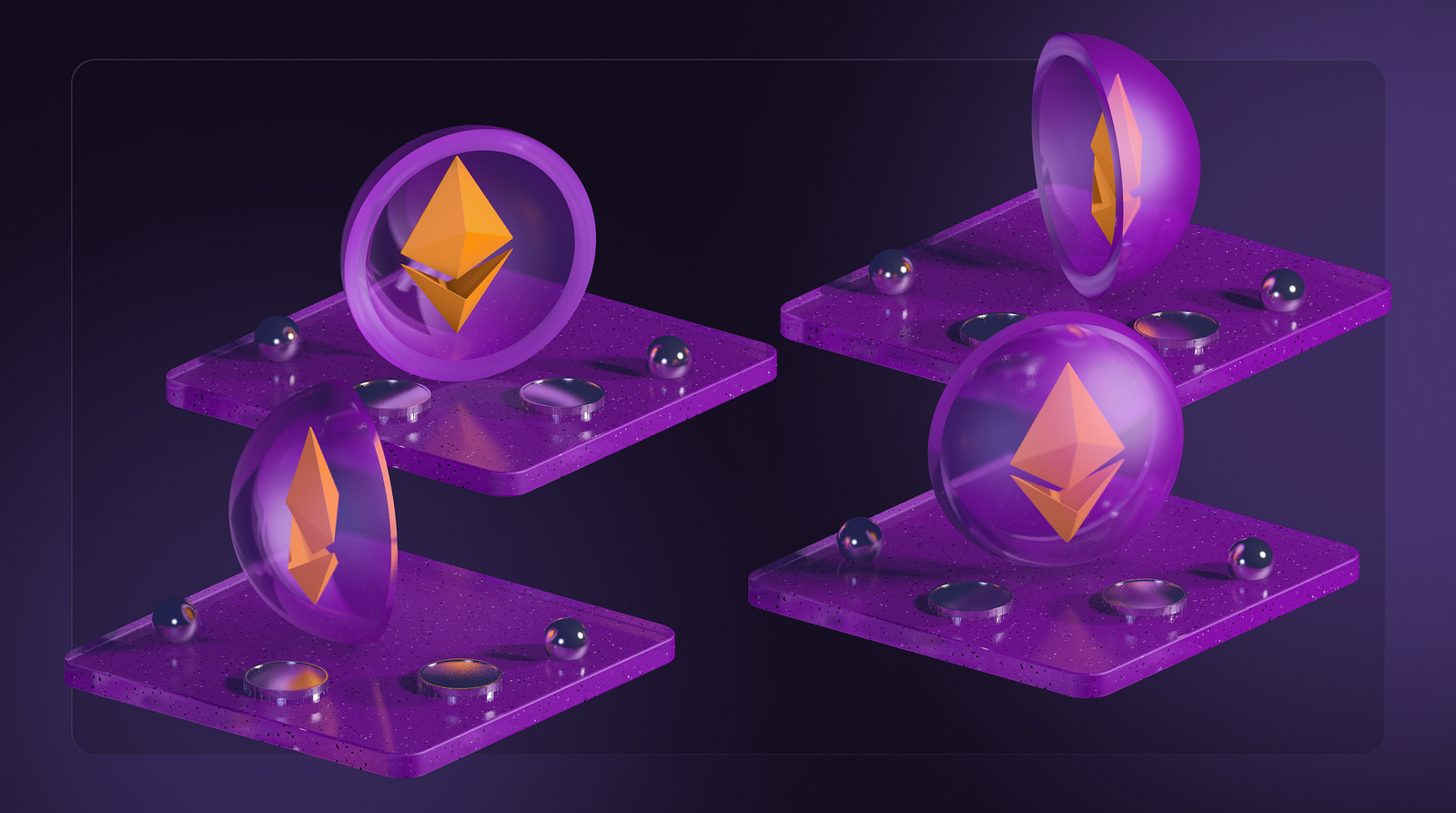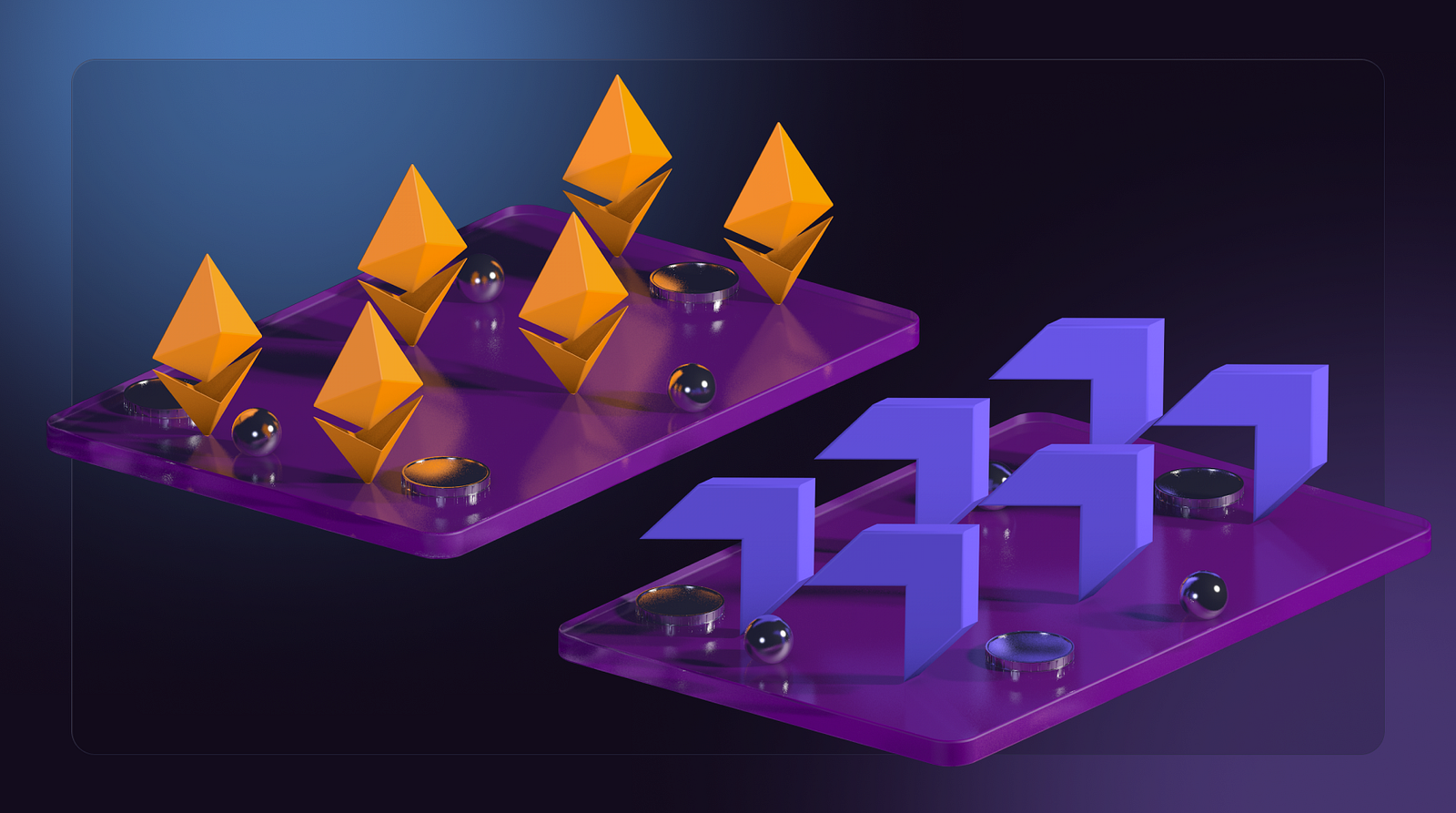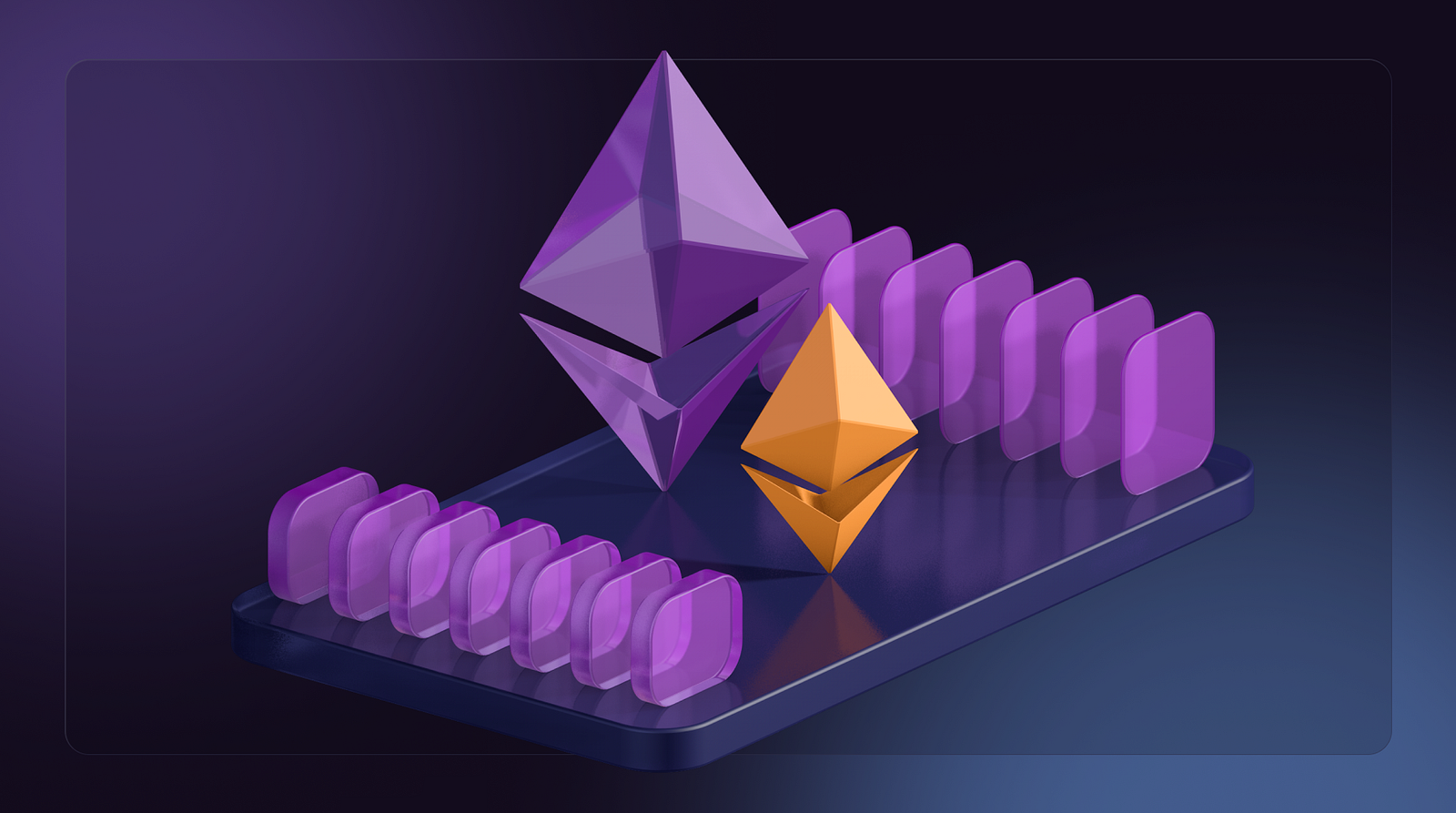Please fasten your belts!
Vitalik Buterin: Ethereum’s “Three Transitions” for long-term success
Ethereum co-founder Vitalik Buterin emphasizes the need for Ethereum to adopt three key transitions to ensure long-term sustainability. In his recent blog post, Buterin identifies layer-2 scaling, wallet security, and privacy as crucial areas for improvement.
According to Buterin, enhancing the protocol’s features alone is not enough; fundamental changes in how users interact with Ethereum are necessary, requiring significant adjustments from applications and wallets.
To address these challenges, Vitalik highlights the importance of developing cross-chain solutions for layer-2 blockchains. He points out the complexity that arises when users have multiple addresses due to various scaling solutions on top of Ethereum.
The development of smart contract wallets and privacy is also a priority alongside these transitions.
While these transitions are not exclusive to Ethereum and are seen in the broader blockchain ecosystem, Buterin draws parallels to the Cosmos ecosystem, which explores cross-chain communication through inter-blockchain protocols.
He suggests collaboration between Ethereum and Cosmos teams, combining their knowledge to find comprehensive solutions. Vitalik believes that by leveraging their expertise, a powerful and unified solution can be achieved.
Ultimately, Ethereum aims to design account abstraction solutions to empower users with self-custody over their wallets, aligning with Cosmos’ exploration of similar concepts.
Despite their differences, both ecosystems share a common goal, and closer collaboration could lead to significant advancements in the blockchain space.

Account Abstraction wallets struggle with adoption
Bing Ventures, a prominent crypto VC fund, recently published a research article on Hackernoon, shedding light on the low adoption rate of Account Abstraction wallets. The study emphasizes that despite the standardization efforts through EIP-4337, these wallets are struggling to gain traction in the market.
One major hurdle is the lack of support from many Layer-2 solutions. This limitation creates a steep learning curve and a significant cost burden for users.
Security is another critical concern raised by the research. Private key storage and online attacks pose vulnerabilities, requiring robust security measures such as multi-signature functionalities and hardware wallets.
Bing Ventures emphasizes the need to strike a balance between user experience and security when designing AA wallets. Private key management, transaction confirmation speed, multichain support, and cost implications are among the key factors that developers must consider.

Comparative analysis of Ethereum’s EIP-4337 and Everscale’s built-in functionality
Everscale, a leading blockchain network, has published an article exploring two approaches to implementing Account Abstraction functionality.
According to them, Ethereum, by design, lacks built-in AA functionality. The reliance on Externally Owned Accounts (EOA) introduces limitations, such as complex setup procedures and the risk of losing access to wallets and funds without recovery options.
To address this, Ethereum proposed the Ethereum Improvement Protocol (EIP-4337) in 2021, deploying it successfully on the mainnet in March. However, the impact on user-friendliness remains to be seen due to the protocol’s complexity. EIP-4337 introduces an Entry point contract as a separate transaction system running parallel to the existing protocol.
In contrast, Everscale integrates AA directly into its core protocol, making it simple and flexible. Everscale’s Account Abstraction enables various use cases, including:
- social recovery for wallet access;
- setting transfer limits;
- blacklisting addresses;
- implementing multisig functionality.

OKX Wallet to support Account Abstraction
OKX Wallet, a leading cryptocurrency wallet provider, published a Tweet about Account Abstraction in the Ethereum ecosystem and mentioned its upcoming support for AA. This move aims to enhance security and user experience.
OKX underlines that Account Abstraction, based on ERC-4337, will revolutionize Ethereum by improving privacy, usability, and affordability. It empowers users with smart wallet contracts, allowing control of Externally Owned Accounts by smart contracts. This provides flexible security rules, simplified account recovery, and social recovery options.
ERC-4337 introduces subsidized transaction fees, making transactions more affordable and accessible. It also allows fees to be paid with ERC-20 tokens, offering flexibility.
Addressing data confidentiality, ERC-4337 incorporates aggregated signatures, enhancing security and reducing costs. Biometric authentication, time-locked social recovery, and compatibility with existing Ethereum infrastructure contribute to accessibility and usability.
While it brings benefits, potential drawbacks include higher gas fees and increased centralization risks. Comprehensive documentation and developer support are needed for secure applications.
OKX Wallet’s support for Account Abstraction excites the community. With proper risk management, ERC-4337 could lead to a secure, user-friendly, and widely adopted Ethereum ecosystem.
Intent-Centric Ethereum: Account Abstraction and SUAVE progress
In a recent article, Stanley He, Head of Research at MetaWeb Ventures, discusses the potential transition of Ethereum towards an intent-centric ecosystem. This paradigm shift aims to revolutionize user experience and minimize frontrunning (MEV) through the adoption of intents.
Intents, defined as signed sets of declarative constraints, offer users the ability to outsource transaction creation while maintaining control. By focusing on what users want to achieve rather than how to achieve it, intents have the power to reshape interaction on Ethereum.
Already, the concept of intents is gaining traction within the ecosystem. DEX aggregators and Flashbots’ auction preferences are early examples of how intents are being expressed on Ethereum. However, challenges lie ahead in the development of a fully functional intent layer, such as credible commitment, privacy, intent language, and cross-chain settlement.

Account Abstraction (AA) plays a crucial role in facilitating intent-based interaction. By enabling smart contract wallets (SCWs) to serve as entry points for intents, AA significantly improves user experience. Moreover, intents have the potential to redefine MEV, shifting the focus from reordering existing transactions to creating transactions based on user intents.
Although Ethereum is still some distance away from becoming fully intent-centric, projects like Anoma and SUAVE are already working on intent-centric solutions. These developments suggest a promising future for user flow on the platform.
Experts predict that SCWs will become invaluable extractors in an intent-centric Ethereum. However, the road to a complete intent layer is expected to be lengthy, requiring extensive development and refinement.
Account Abstraction & Decentralized Betting — Twitter Spaces
Join us on June 20th for an exciting live conversation on Twitter Spaces!
Etherspot and bookmaker.xyz are proud to host this captivating event where we’ll explore the transformative impact of Account Abstraction on Web3 decentralized betting, simplifying the experience like never before.

We’re honored to have two esteemed speakers joining us:
- Aldin Ademović, Chief Product Officer at Etherspot
- Paruyr Shahbazyan, CEO at Azuro
Mark your calendars and get ready for an engaging discussion on June 20th!
👉 Save your spot 👈
Subscribe to Etherspot’s Everything About Account Abstraction Newsletter!
Start exploring Account Abstraction with Etherspot!
- Learn more about account abstraction here.
- Head to our docs and read all about the Etherspot SDK.
- For a plug & play integration, review the BUIDLer react component.
- Explore our TransactionKit, a React library for fast & simple Web3 development.
- Follow us on Twitter and join our Discord.
Is your dApp ready for Account Abstraction? Check it out here: https://eip1271.io/
Get In Touch:
Website | Twitter | Discord | Github | Telegram
Powered by Etherspot
BUIDLer React Component | TransactionKit | Etherspot Dashboard | Pillar Wallet | AirdropMe

